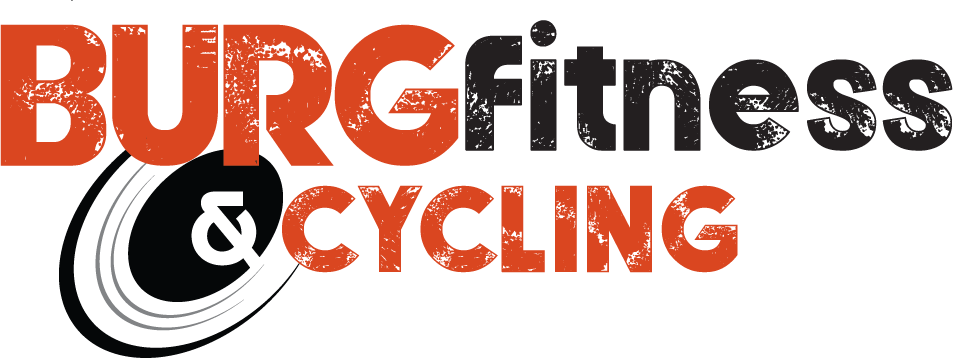It may seem harmless, but sitting for long periods of time can take years off your life. Yet a little physical activity can make a life-saving difference.
According to a study published in October 2017 in Annals of Internal Medicine, researchers have found a direct relationship between excessive sedentary time and an early death. With stay-at-home behaviors being compounded by the COVID-19 pandemic and having the holiday season upon us, individuals run the risk of becoming more inactive as major feasting and relaxation take over.
The good news: A new study, published November 25 in the British Journal of Sports Medicine, has found that a short amount of exercise each day can offset those harmful effects.
In a meta-analysis of nine previous investigations involving more than 44,000 middle-aged and older men and women (who recorded their physical activity with fitness trackers), scientists discovered that 30 to 40 minutes per day of “moderate to vigorous intensity physical activity” could counteract the negative health effects of sitting still for 10 hours.
“Those with low physical activity had a higher risk of premature death, with the greatest risk of death occurring in those with the highest sedentary time,” the authors concluded.
The researchers noted that even just standing could help to some degree.
The results aligned with recommendations from the American Heart Association and other health organizations advising adults to get at least 150 minutes per week of moderate-intensity aerobic activity or 75 minutes per week of vigorous aerobic activity, or a combination of both, according to the scientists.
The World Health Organization (WHO) also recently published similar guidelines on November 25 in the British Journal of Sports Medicine, recommending 150 to 300 minutes of moderate intensity or 75 to 150 minutes of vigorous intensity physical activity every week.
Holidays and Heart Health
Research from the American Heart Association suggests that exercise may be more important during the holiday season as deaths from heart attacks peak during December and January, possibly due to factors including changes in diet and alcohol consumption and stress.
Scientists have found that exercise can help cancel out some of the negative health effects of consuming alcohol, according to an study published in August 2016 in the British Journal of Sports Medicine, and reduce stress, per the Anxiety and Depression Association of America.
Regular Exercise Can Take Many Forms
“For many of us, the pandemic work-from-home reality has meant more time than ever sitting immobile staring at the computer, and less motivation to get up and move,” says Sarah Samaan, MD, a cardiologist with Baylor Scott and White Legacy Heart Center in Plano, Texas, who was not involved in the study. “Unfortunately, the more sedentary your lifestyle, the higher risk you have of premature death from heart disease and other conditions.”
Dr. Samaan, who is also the author of The DASH Diet for Dummies, recognizes that many people find the idea of beginning an exercise program to be intimidating. But she stresses that people can get moving without following a standard workout regimen.
“Activities such as brisk walking, biking, or gardening may substantially offset the harmful effects of our modern-day lifestyle,” she says. “You don't need a gym to get moving. You can even do it in the comfort and safety of your own home.”
Samaan adds that the holidays tend to be a time for rest and relaxation, but they also can be a great opportunity to reset your health habits.
“Committing to a healthy lifestyle is a positive and uplifting way to move into the New Year,” she says.
